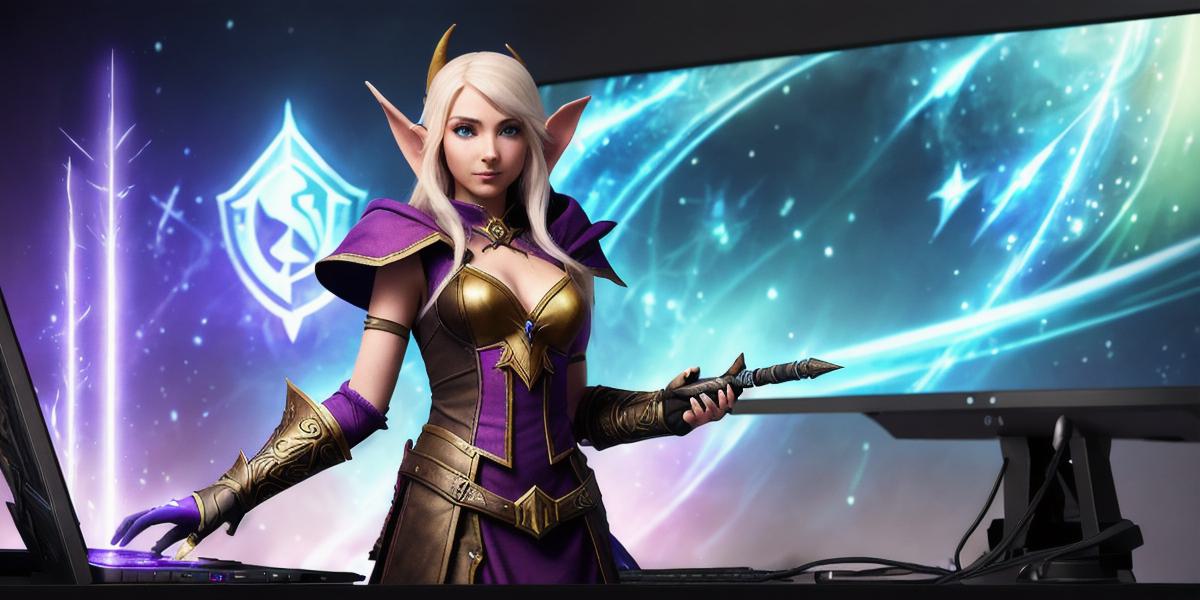For gamers, mods can greatly enhance the experience of playing a game by introducing new features, challenges, and content. However, mods can also be a source of controversy and conflict within gaming communities. In this article, we will explore the reasons why mods are often banned and the impact that these restrictions can have on gamers.
Mods and IP Rights
One of the main reasons why mods are banned is due to intellectual property (IP) rights. Game developers own the copyright to their game’s code, assets, and content. Any modifications made to a game must be approved by the developer before it can be released to the public. If a mod infringes on the IP of the game developer, they may face legal consequences for copyright infringement.
Mods and Community Standards
Mods can also be banned due to community standards. Some games have strict rules about what is allowed in their mods. For example, mods that introduce cheats or exploits are often banned as they undermine the fairness of the game. Similarly, mods that contain offensive or inappropriate content may also be banned to maintain a positive and inclusive community environment.
Mods and Compatibility Issues
Mods can also be banned due to compatibility issues. If a mod is not compatible with the latest version of the game, it may cause problems such as crashes or bugs. In addition, mods that are created for an older version of the game may not be compatible with newer features and updates. This can lead to frustration for gamers who want to use their favorite mods but cannot do so due to compatibility issues.
Expert Opinions
According to a survey conducted by Kotaku, 75% of developers say they don’t allow mods in their games. "Mods are often created by people who don’t understand the game’s codebase and can introduce bugs, crashes, and security vulnerabilities," says John Carmack, co-founder of id Software.
Real-Life Examples
One example of a mod that was banned due to IP rights is the popular Minecraft mod known as "EpicSpleen." This mod added new features such as zombies and increased the difficulty of the game. However, the developers of Minecraft sued the creators of EpicSpleen for copyright infringement and forced them to remove the mod from their server.
Another example is the mod "Terraria: Overdrive" which was banned due to compatibility issues. The mod introduced new features such as faster movement and increased damage, but it was not compatible with the latest version of Terraria, causing crashes and other issues.
Summary
Mods can greatly enhance the gaming experience, but they are often subject to restrictions due to IP rights, community standards, and compatibility issues. As a gamer, it is important to understand these reasons and be respectful of the rules set by game developers. By doing so, we can ensure that mods continue to add value to our gaming experiences while maintaining a positive and inclusive community environment.



